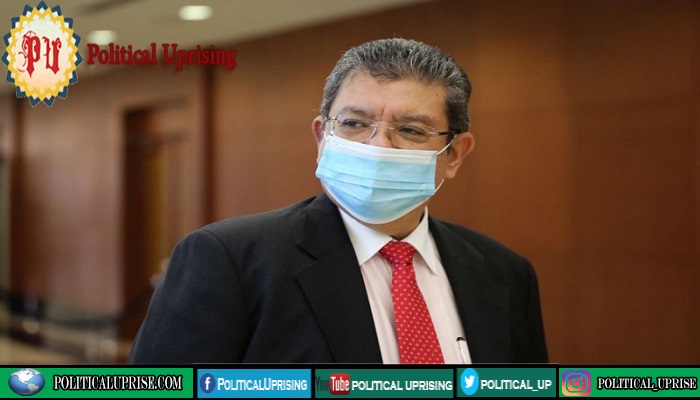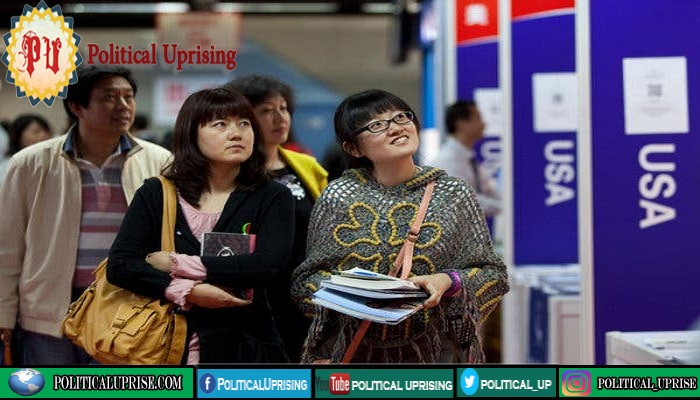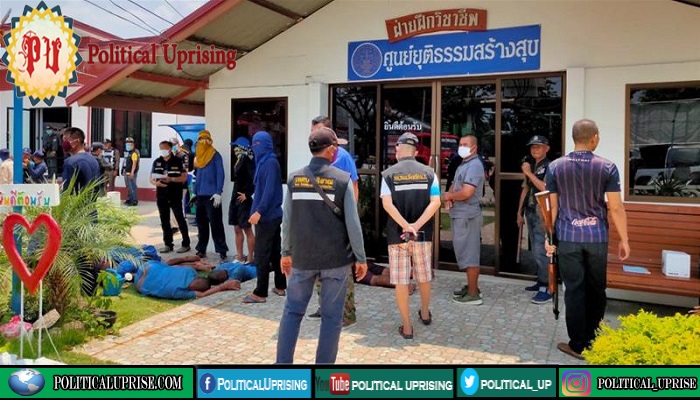Malaysia’s communications minister says all film-makers require a government licence to make videos, including those broadcast on social media.
Malaysian minister has declared that all film producers must apply for a licence to shoot and produce videos in the country, including those broadcast on social media, prompting an outpouring of criticism online and opposition allegations of a crackdown on free speech.
Saifuddin Abdulla told legislators in Parliament on Thursday that a 1981 law regulating film production in Malaysia requires all video-makers to apply for a licence “regardless of whether they are mainstream media agencies or personal media that broadcast films on social media platforms or traditional channels”.
The minister was responding to a question from opposition legislator Wong Shu Qi, who was seeking clarification about filming licences amid a government dispute with Qatari television news channel over a documentary examining Malaysia’s crackdown on undocumented workers during the coronavirus pandemic.
Saifuddin had claimed on July 19 that the network’s 101 East programme did not seek the necessary licence to shoot the film, Locked Up in Malaysia’s Lockdown.
Malaysia discovered 110 containers of illegal toxic waste from Romania
The Qatar-based network dismissed the charge on Wednesday, however, saying 101 East is a weekly current affairs show that does not fall into the category of films requiring a licence.
“Unable to contest the integrity of our journalism, we believe the authorities are now attempting this new gambit of claiming we did not have a proper license,” said news channel English’s Managing Director Giles Trendle.
“We do not believe this is a credible line of argument.”
In Malaysia’s Parliament on Thursday, Wong asked Saifuddin to clarify how a “film” is defined under the 1981 National Film Development Corporation of Malaysia (FINAS) Act.
“Does it include videos posted on TikTok and Instagram TV?” Wong asked, noting the government’s interpretation meant that “all users of social media would need to apply for a license from FINAS”.
Saifuddin appeared to evade the question, local media reported, by saying films included movies, short films, trailers, documentaries and advertisements that are made for mass consumption.
Malaysia’s opposition preparing for snap polls
The minister‘s comments sparked an immediate backlash on social media.
“Today, @saifuddinabd confirmed that ALL video filming, including for personal social media, needs a Finas license. Finas Act defines films as ‘any recording on any material’,” wrote Twitter user, Zikri Kamarulzaman. “My dear Malaysians, you are all technically criminals,”
Another wondered if her sister might go to jail for posting videos of their cat.
In another post that mocked Saifuddin’s statement, Twitter user Husnanazei wrote: “Me to my (will never be born) child, as they took their first steps: my child, walk and talk when I’ve obtained license from FINAS ok. Now sit back and crawl.”
Opposition leader Anwar Ibrahim meanwhile said Saifuddin’s interpretation of the law was a “worrying development” amid “attacks and harassment of media”.
“It is clear the government wants all parties, be it politicians, or social media users to face action for content that may not fit the government’s view,” he added.
Amid the backlash, Saifuddin issued a statement saying his comments in Parliament had been misrepresented. “The government never had the intention of using this act to limit the freedoms of private individuals on social media,” he said.
Former Malaysian PM expelled from own political party
Separately, the Foreign Correspondent’s Club of Malaysia (FCCM) expressed concern on Wednesday over the requirement for journalists to obtain licences to film and produce films.
“We are unaware of any requirement to obtain permission from FINAS for a news video production. Whether it is termed a documentary or otherwise, such material broadcast on news channels have not previously needed any clearance from FINAS, be they for foreign or local news agencies.”
The FCCM also called the police inquiry against news channel “alarming” and said if journalists “are now bound by rules and regulations that apply to film and documentary makers, such an action would have far-reaching consequences”.



